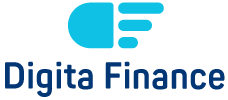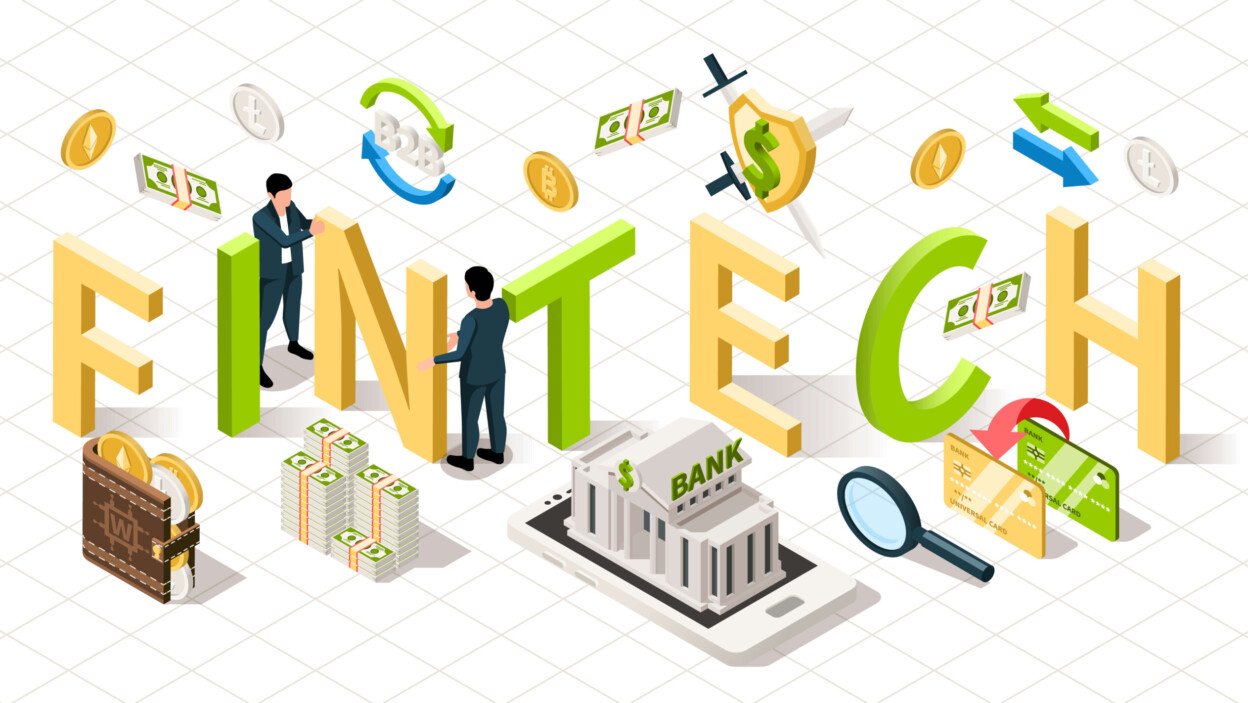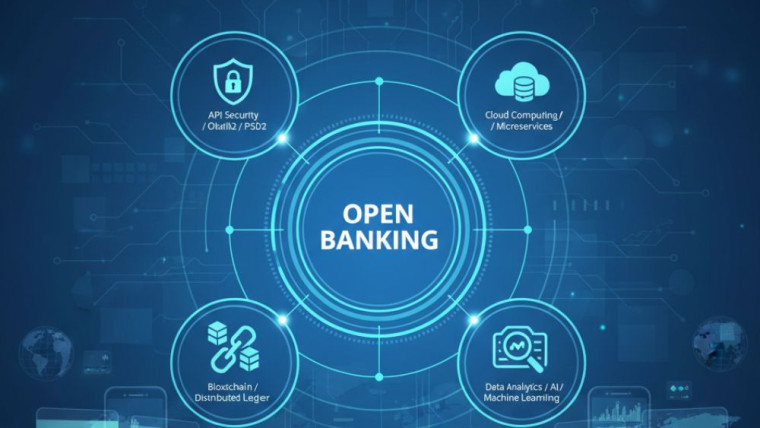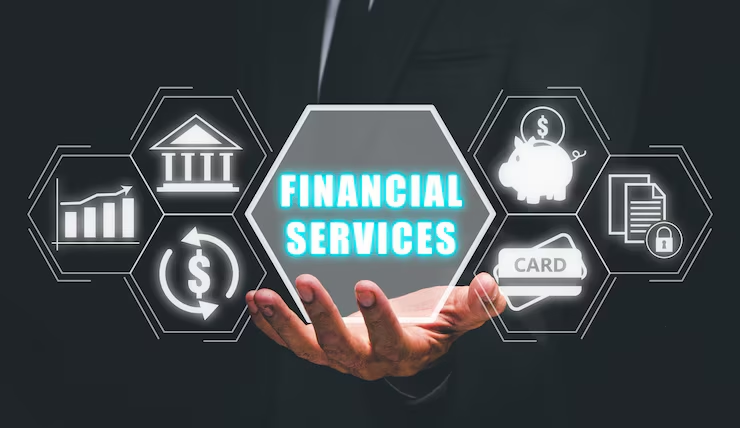The fintech sector is growing. Through the integration of technology and finance, and innovation, it has changed the way consumers and businesses interact with financial services. Digital wallets, to Decentralized financing (DeFi), Fintech advancements solve problems that the traditional financial industry has had to face for a long time.
For business owners, marketers entrepreneurs, marketers and others who are interested by the fast-growing field it is easy to answer How do you become involved in the world of fintech? This article offers a step-by-step guide for you to transition into fintech, regardless of whether you’re an absolute beginner or have prior knowledge in similar areas.
Why Get Into Fintech?
Fintech isn’t simply a buzzword. It’s an industry that is experiencing steady growth. According to a study by Statista that the market in global Fintech technology is projected to hit $166 billion in 2024. With innovation at its heart Fintech encompasses areas such as mobile payments and blockchain, lending platforms and AI-driven financial insight.
This is why this industry is especially appealing to professionals:
- Opportunities to expand: Startups and established businesses are always looking for professionals who can understand the business of marketing, product management as well as business growth.
- Innovative problem-solving: The fintech business thrives on overcoming problems in traditional financial. It’s a paradise for those who are interested in tackling the real-world issues.
- Potential for high earnings: Roles in Fintech typically come with high-paying salaries and equity options.
- Possible impact Numerous fintech products seek to enhance the financial inclusion of people, and provide a sense of purpose the effort.
Step 1: Understand What Fintech Encompasses
In order to break into the field of Fintech, the initial step is to understand the nature of the industry. Fintech is vast, and therefore it is essential to study its main sectors, like:
- payments: Payment platforms such as PayPal, for example, and Wise that allow seamless transactions.
- Loans: Businesses like LendingClub and Affirm provide alternative loans.
- Cryptocurrency and Blockchain Bitcoin-based wallets, exchanges, and Decentralized Finance (DeFi) Platforms are influencing the future of investment and payments.
- Insurtech companies like Lemonade as well as Policygenius are redefining insurance with digital personalization.
- Robo-Advisors Platforms like Betterment and Wealthfront use AI to offer automated investment management.
Begin by reading relevant publications, like Finextra, TechCrunch Fintech, and the Financial Times. Podcasts such as the Fintech Blueprint and Fintech Insider are excellent sources to stay up-to-date.
Step 2: Define Your Niche
Once you’ve mastered the basics and are able to narrow your search, you can focus on specific areas. There are several Fintech roles that match with standard professional skill sets:
- Marketers help fintech firms gain customers to their apps, develop the credibility of their brands, and enhance their online presence.
- entrepreneurs: Create innovative ways to bridge in the gaps of the traditional world of financial services.
- Content creators and Bloggers Engage viewers by delving into technology and trends in finance through blog posts, videos or podcasts.
- Marketing Affiliates: Monetize content by generating sign-ups to fintech platforms using strategies such as SEO and targeted ads.
- Product Managers Connect the dots between teams working on technical development and business needs to create easy-to-use financial tools.
Concentrate on finding a niche that blends your current skills with the specific requirements of fintech.
Step 3: Build Relevant Skills
Although many fintech companies are looking for different backgrounds, acquiring certain abilities will differentiate you. Here are the essential soft and hard skills that will allow you to be successful in fintech
- Tech Literacy Get the fundamentals of technology like AI blockchain, AI or APIs. Platforms such as Coursera, Udemy, and edX provide fintech-specific classes.
- Information-Driven Decision Making Get familiar with analytics tools such as Google Analytics, Tableau, or SQL to make well-informed business-related decision-making.
- Compliance Information: Familiarize yourself with financial regulations, like GDPR and Know Your Customer (KYC).
- The skills in UI/UX design: Understanding user experience will help you create or market fintech apps that are appealing to consumers.
- Soft skills: Problem-solving, flexibility, and creativity are vital in this ever-changing field.
Learn more by attending fintech conferences or online webinars. Major conferences such as the Money 20/20 conference and Finovate are great networking opportunities, as well as insight into new trends.
Step 4: Network in the Fintech Ecosystem
The process of entering the field of fintech often involves making connections with the most suitable people. Fintech is a place that thrives upon collaboration and networking is a great opportunity to gain insider information.
- Connect with Online Communities Join Fintech-related communities through LinkedIn and join online forums such as Finextra’s community to network with other professionals who are like-minded.
- Meetups and events: Look for local or virtual meetups on finance or fintech technologies. Meetup.com is a good site to begin.
- Connect with industry leaders: Write comments to fintech news articles, connect with thought experts via Twitter (#Fintech) or engage in meaningful discussions on LinkedIn.
Do not be afraid to contact those who have roles that you want to be a part of to. A short chat with a friend or DM can provide invaluable insight and connections for your career.
Step 5: Create a Portfolio or Case Study
If you’re coming into fintech from an untraditional experience, having a portfolio could show your value on the scene. Examples include:
- Marketing professionals: Develop a research case of how you can create a marketing plan for an app that is fintech-related.
- affiliate marketers: Make content that evaluates Fintech tools, and optimize it to rank high on search engines.
- entrepreneurs: Draft a white paper or business plan to come up with a new concept.
Do you not have any actual experience to draw upon? Consider working on mock projects or work as a freelancer to create appropriate examples to add to your portfolio.
Step 6: Apply Strategically
Then, you can begin applying for positions. You can tailor your applications to fintech-focused startups, growth-stage companies, or large enterprises. Make sure you include the following features:
- Your enthusiasm for fintech is evident.
- Your transferable or relevant technical capabilities.
- Portfolios, projects, or certificates you’ve received.
Use job boards such as AngelList, LinkedIn, and Built In to find openings. Directly contact hiring managers whenever you can to increase your enthusiasm.
New to Fintech? Take Action Today!
Making the transition into the fintech field can be exciting and rewarding. By understanding the market as well as honeing your skills and building a solid professional network, you can position yourself to be successful.
You may be a marketer trying to increase your reach, an entrepreneur looking to establish the next great platform, or an author looking at affiliate possibilities, fintech has an unmatched opportunity to make your impression.
Are you looking to get ahead of the curve? Get insights into fintech content creation by signing up with [Platform Name] now and gain access to tools that will make the work you create stand out.








Quantum Computing in Finance: Revolutionizing Banking’s Tomorrow
What is a FinTech Business? A Complete Guide for Aspiring Innovators
Biometric Authentication: The Future of Banking Security
What is a Fintech Firm? Everything You Need to Know
Digital Twin Technology in Finance: How Virtual Models Are Transforming Risk Management
The Future of Personal Finance: Autonomous Finance and AI Money Management
AI Credit Scoring: Revolutionizing SME Banking and Digital Loans
AI Fraud Detection: How Banks Prevent Financial Crime in Real Time